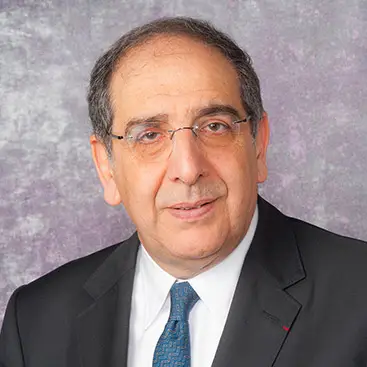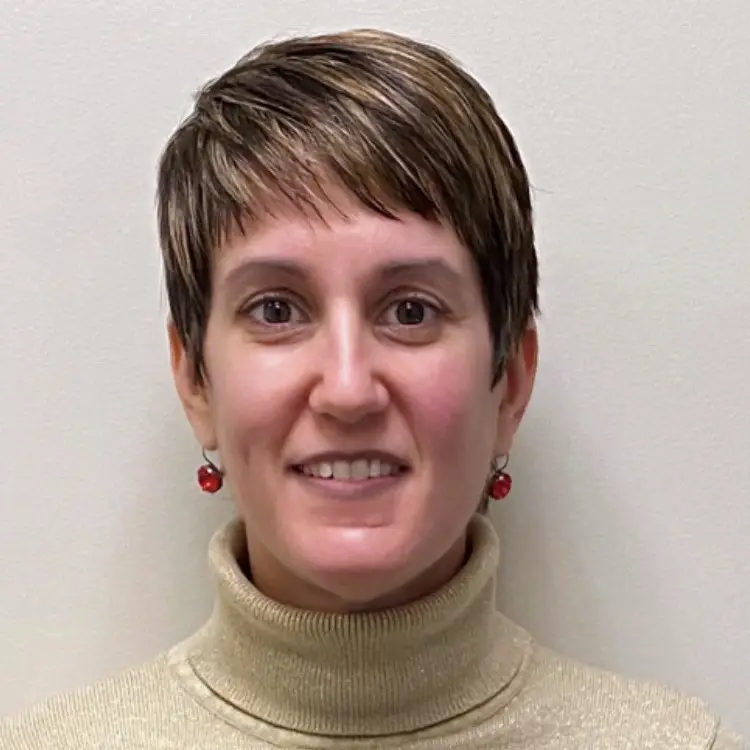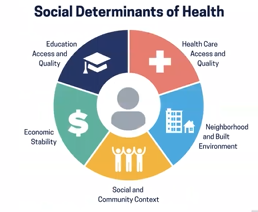Message
Message from Dr. Sahel
Our Team

José-Alain Sahel, MD
Distinguished Professor and Chairman, Department of Ophthalmology
The Eye & Ear Foundation Endowed Chair
University of Pittsburgh School of Medicine
Director, UPMC Vision Institute

Sabrina Mukhtar, MD
Director, Dry Eye Center for Excellence
Assistant Professor
Department of Ophthalmology
University of Pittsburgh School of Medicine

Evan “Jake” Waxman, MD, PhD
Vice Chair, Medical Education
Director, Comprehensive Eye Service
Professor, Department of Ophthalmology
University of Pittsburgh School of Medicine

Andrew Williams, MD
Assistant Professor
Department of Ophthalmology
Glaucoma Service
University of Pittsburgh School of Medicine

Dana McGinnis-Thomas, MHA
Patient Navigator
Department of Ophthalmology
Addressing the Social Determinants of Vision Health
The Department of Ophthalmology at the University of Pittsburgh School of Medicine is striving to increase access to ophthalmic care in Pittsburgh and its surrounding communities.
Access to Eye Care
Access to Eye Care refers to the timely use of personal health services, and the ability of patients to access care is influenced by both individual (income, education, disability, level of trust in the healthcare system) and environmental factors (location and the number of providers).
According to Dr. Andrew Williams, access to care is more than just finding appointment slots and putting people in them. It involves completely understanding all the individual social factors and barriers individuals face in maintaining those appointments. To improve access, we need to assess barriers to care, which are closely tied to social health determinants.
Evan Waxman, MD, PhD, Andrew Williams, MD, Sabrina Mukhtar, MD, and Dana McGinnis-Thomas, MHA, discussed their efforts in the Eye & Ear Foundation’s November 29, 2022, webinar entitled, “Taking the First Step: Improving Access to Care in Ophthalmology.“
Social Determinants of Health

Social determinants of health are defined as the conditions in the environments where people are born, live, learn, work, and play. When thinking about social determinants of health, the topic is typically divided into five domains: healthcare access and quality, neighborhood and the built environment, social and community context, economic stability, and education access and quality. Dr. Williams and Dr. Sahel published an article on this topic called “Addressing Social Determinants of Vision Health.” Read our Sight+ Sound article for more information.
Understanding Barriers to Care in Our Community
To begin understanding the barriers to care that people in our community are facing, a survey was conducted with attendees at the Mission of Mercy event in 2020. Three-fourths of screening attendees reported at least one barrier. When asked what obstacles they had in visiting an eye doctor, common themes emerged:
- Medical Cost/Insurance
- Difficulty navigating the system for appointments
- Transportation
- Provider accessibility
The group published an article based on its findings called “Characteristics Associated with Barriers to Eye Care: A Cross-Sectional Survey at a Free Vision Screening Event.”
Roadmap

Addressing patients’ social determinants of health and barriers to care is a complex task. The team utilizes the framework displayed in this graphic, thinking about solutions through the lens of Awareness, Adjustment, Assistance, Alignment, and Advocacy.
Awareness
The first step in addressing patients’ needs is identifying what needs are most urgent and most prevalent. In the clinic, this involves administering social risk screening questionnaires. The UPMC Eye Center has been piloting these screenings in order to gather data about barriers patients are facing.
Assistance
The primary way the Department of Ophthalmology assists patients facing barriers to care is through their Patient Navigator. Read more about her work below.
Adjustment
Clinical care must be provided that accommodates social barriers, like adapting written education materials with attention to health literacy and offering telemedicine appointments.
Alignment
In order to assist the greatest number of patients with the best possible care, the Department is focused on aligning its programs and goals with long-standing, established organizations in the community. Two examples of their community vision outreach programs are Eyes on Wheels, formerly Guerrilla Eye Service, and the Mission of Mercy, both of which can only exist in partnerships with community-based organizations. More information on these two interventions can be found below.
Advocacy
Policies must be promoted to address health and social needs. This means promoting investment in research on health disparities and community-engaged research and advocating for policies that advance access to eye care.
Healthy Vision Lab
Led by Andrew Williams, MD, the Healthy Vision Lab is an interdisciplinary research group that seeks to improve vision health by understanding and addressing barriers to care. The Healthy Vision Lab brings together epidemiology, big data analysis, and health services research to address important public health issues in ophthalmology, such as follow-up for chronic eye disease and social determinants of vision health.
Ongoing projects include utilizing a national database to measure the magnitude of follow-up loss in glaucoma care, understanding reasons for appointment “no show,” measuring the success of patient navigation in ophthalmology, and examining the impact of community-based initiatives for vision health.
Patient Navigator
Funded by the Eye & Ear Foundation, the Department of Ophthalmology’s Patient Navigator assists patients, ensuring no one falls through the cracks.
In order to achieve optimal health outcomes, patients must be connected with vital social resources. As the Department’s Patient Navigator, Dana McGinnis-Thomas, MHA, acts as the liaison between the patient, healthcare system, and community. McGinnis-Thomas employs creative thinking and problem-solving to address nearly any need that would otherwise prevent a patient from receiving the eye care they need.
A recent study found that she received 130 referrals for 125 patients over a three-month period. Of that group, 98% were resolved with intervention, and 90% with resolution. It is a highly successful program with 4.87/5 patient satisfaction.
“Building trusting relationships with the patient and community partners is critical to successful patient navigation,” states McGinnis-Thomas.
Community Outreach Committee
Social, cultural, and economic conditions challenge the ability of health providers to bring the best medical care to all our citizens. The Eye & Ear Foundation formed a Community Outreach Committee (COC) to meet that challenge. Led by Chair, Nancy Washington, PhD, the Committee is comprised of EEF Board Members and community leaders. Its mission is to support the initiatives of the Departments of Ophthalmology and Otolaryngology at the University of Pittsburgh which provide health care and related services to the medically underserved communities of our region with a view to eliminating disparities in healthcare, including all those listed on this page.
Community Outreach and Partners
Brother’s Brother Foundation
The Brother’s Brother Foundation helps bridge the gap between aid and sustainability by supporting localized programs and providing essential resources in the areas of healthcare, infrastructure, disaster response, and education. BBF has generously donated a state-of-the-art vision screening eyeVan to the Department of Ophthalmology to be used for Eyes on Wheels and other community mission work. This type of mobile health clinic is a dream come true for the department, as it will significantly expand the type of community service they can provide and the populations they can reach.
Clothing Closet
Thanks to a generous donation from a clothing company, the Department of Ophthalmology was able to establish a small clothing closet at the UPMC Vision Institute for patients who may need a change of clothing during their appointment.
Eyes on Wheels (formerly Guerrilla Eye Service)
Dr. Jake Waxman MD, PhD, Professor of Ophthalmology and Vice Chair, Medical and Resident Education, in the Department of Ophthalmology, Director of UPMC Eye Center at Mercy Hospital is also the Founder and Director of Eyes on Wheels.
Eyes on Wheels was established in 2005 to provide free, comprehensive eye exams to patients who are uninsured, underinsured, or face other barriers to care. Medical students, residents, and faculty offer three Eyes on Wheels clinics each month, rotating through approximately 10 primary care sites and community clinics. The team travels with a van full of portable equipment, sees 10-15 patients each time, and connects patients to the Community Service Program Coordinator for follow-up care.
Garden Collaboration with the Western Pennsylvania School for Blind Children
Students and staff at Western Pennsylvania School for Blind Children help with the gardens and landscaping of the Bruce and Barbara Wiegand Roof Terrace and the Rehabilitation Gardens at the Vision Institute. The WPSBC operates a robust horticulture education and therapy program for children and adults. Their students, who operate the greenhouse on their campus, now visit the Vision Institute to gain experience in landscape design and maintenance.
Hillman Scholars Program
With support from the Henry L. Hillman Foundation, research labs in Ophthalmology have been added as a site to the Hillman Scholars Program at the University of Pittsburgh, which hosts students each summer to gain experience working in STEM. Students from economically disadvantaged districts are encouraged to apply and given a stipend for their time.
Mission of Mercy
The Mission of Mercy (MOM) is an annual two-day free health clinic held at the David L. Lawrence Convention Center in downtown Pittsburgh that provides free dental, vision, and hearing care for patients who are uninsured, underinsured, or otherwise lacking access to quality care.
The next Mission of Mercy event will be October 24-25, 2025, at the David L. Lawrence Convention Center. Learn about MOM’s impact, sign up to volunteer, or sponsor a patient at mompgh.org
THRIVE
The Departments of Ophthalmology and Otolaryngology at the University of Pittsburgh are collaborating on a project called THRIVE: Treating HeaRing and Improving Vision: Education. Thanks to a grant from the Eden Hall Foundation, community health workers will be key to increasing access to care for vision and hearing.
Vision to Learn
Vision to Learn utilizes mobile clinics to bring eye exams and glasses free of charge to children who otherwise might not receive vision care. The UPMC Eye Center helps with the more complex cases. If a child is screened and needs more than just glasses, they get a referral to UPMC Children’s Hospital and then the Department of Pediatric Ophthalmology. UPMC Children’s helps them get the right kind of care and at a free or reduced rate.
Vision to Learn participated in Mission of Mercy in 2022 and 2023 to provide pediatric vision screening, while the UPMC Eye Center provides care to adults who otherwise lack access. For more information on how the Eye & Ear Foundation partners with Vision to Learn, read this article.
Contact

203 Lothrop Street
Suite 251 EEI
Pittsburgh, PA 15213
412-864-1300
contact@eyeandear.org

